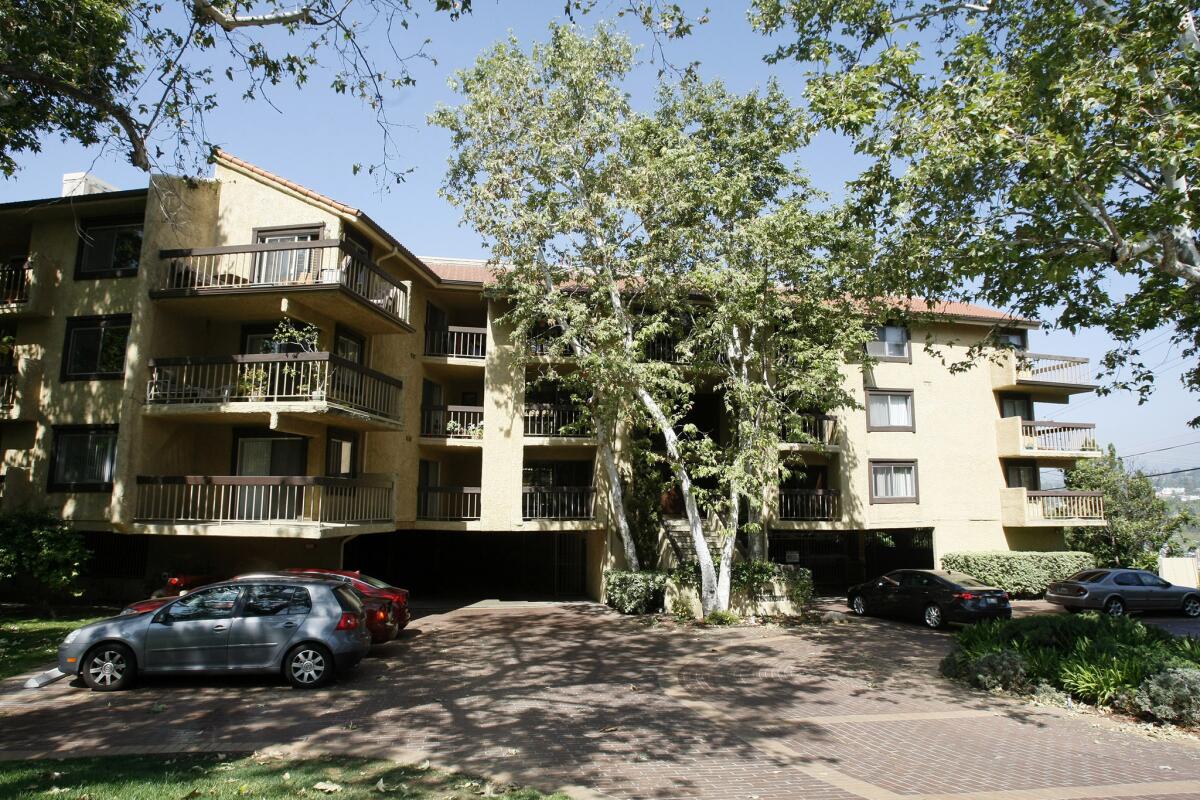Drayman on the hook for outstanding debt

When former Councilman John Drayman begins his five years of probation, expected to begin next month, the first meetings he has with the Los Angeles County Probation Office will include a thorough review of his assets and liabilities to determine how much he will pay monthly toward his $319,000 in restitution.
“They look at everything,” said Reaver Bingham, deputy chief of field services at Los Angeles County Probation Department, referring to the general process for the financial evaluations. “They do a thorough analysis.”
Drayman, who embezzled from a Montrose farmer’s market, filed false state tax returns and committed perjury, has amassed $134,000 in debts since 2011, according to a review of publicly available property records and interviews with those connected to the debts.
In addition, he also has received three loans, backed by his Montrose condominium, totaling $395,000, since his family transferred the property to him in 2006.
Drayman was sentenced earlier this month to pay about $305,000 in restitution to the business group that organizes the market, the Montrose Shopping Park Assn., and roughly $14,000 to the California Franchise Tax Board, which collects state income tax. Authorities say he stole at least $304,000 from the farmer’s market over seven years.
His outstanding debt includes unpaid federal taxes, interest and penalties of about $19,000, a $15,000 settlement from a previous, unrelated civil lawsuit and a $100,000 loan he accepted from a private lender to pay for condominium renovations.
The Internal Revenue Service filed the lien against Drayman’s condominium in July 2013, according to Los Angeles County Registrar-Recorder records. IRS Spokeswoman Anabel Marquez said due to agency policy she could not disclose if the lien was related to the embezzlement. The Franchise Tax Board restitution is related to the scheme.
Deputy District Atty. Susan Schwartz, who represented the prosecution during Drayman’s criminal proceedings, said she did not know the cause of the federal tax lien, but was doubtful it was related to the embezzlement.
In 2012, Drayman agreed to pay a contractor $15,000 over 15 years to settle a lawsuit regarding underpayment of a condominium renovation, one that was mired in controversy because it included work done by subcontractors of an affordable housing developer which the city has sued for millions in fraudulent charges. Drayman has claimed he did not know the contractor, National Fire Systems & Services, and the developer, Advanced Development Inc., were connected.
He has yet to pay back any of the settlement, said Mike Thomassian, National Fire’s.
In addition, Drayman had borrowed $100,000 from a friend of another Glendale housing developer to pay part of the revamp project.
The private lender who made the loan, John Moller, said Drayman has not paid him back yet, either. Drayman put up his condominium as collateral, the former owner of USA Petroleum Corp. said, adding he didn’t know contract terms off-hand. An employee whom he tasked with relaying that information did not return multiple phone calls.
The January 2011 debt does not show up on property records showing loans taken out against Drayman’s three-bedroom hillside condominium. Since the property was transferred to him in 2006, Drayman received two loans from private lenders in 2013 worth a combined $155,000 and a $240,000 loan from World Savings Bank, which is now Wells Fargo, in 2006.
According to real estate website Zillow.com, his condo has a market value of $551,000. More loans were connected to the property, but those were made before Drayman took ownership.
Information about how much of his outstanding home-loans have been paid off, as well as interest rates, were not available in public documents.
Drayman’s debts prior to 1997 were discharged after filing Chapter 7 bankruptcy, according to public records.
At a sentencing hearing earlier this month — in which he was sentenced to a year in jail, although he only spent eight days behind bars — he said he couldn’t afford monthly restitution payments of $1,000 per month. He is expected to be released from home confinement on May 18, about six weeks since being taken into custody.
Probation officers collect restitution money at monthly check-ups. Generally speaking, they set minimum monthly payments at $100, encouraging probationers to pay some amount of money rather than none. The department does not have the authority to force a probationer to sell assets, such as property, to pay back restitution.
Even if Drayman doesn’t finish paying his restitution after his five years of probation, he will still owe the shopping park association and the tax board, but the probation department will no longer be in charge of the collections.
His victims could sue him in civil court if he doesn’t continue restitution payments after probation.
-